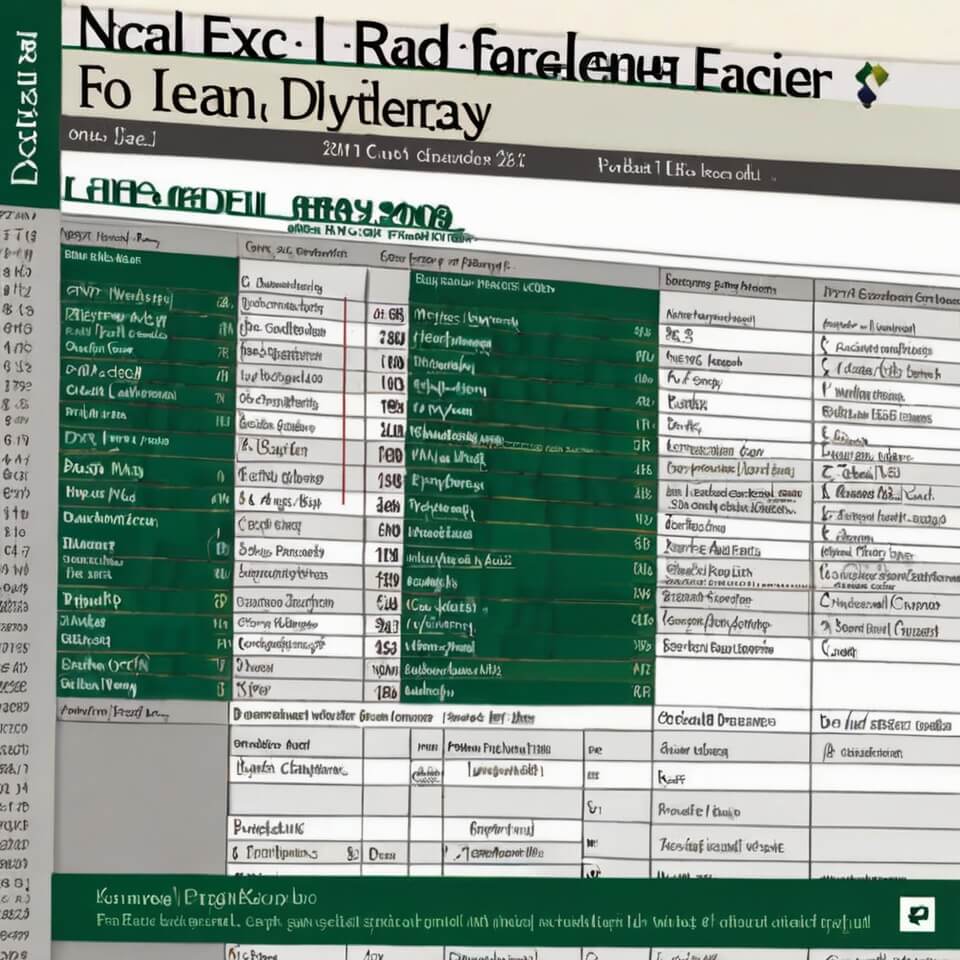
This post is an application.
Learning Excel: A Comprehensive Roadmap
1. Basic Excel Skills
Introduction to the foundational features of Excel.
Practice Exercise: Create a basic budget tracker using SUM and other basic formulas.
1.1 Introduction to Excel Interface
- Understanding the Ribbon
- Workbook vs. Worksheet
- Cells, Rows, and Columns
1.2 Basic Functions and Formulas
- SUM, AVERAGE, MIN, MAX functions
- Cell references (relative vs. absolute)
1.3 Formatting Cells
- Changing font styles and sizes
- Applying borders and shading
- Number formatting (currency, percentages)
1.4 Basic Data Management
- Sorting data
- Filtering data
- Using the Find and Replace feature
1.5 Creating Simple Charts
- Selecting data for charts
- Inserting column, line, and pie charts
- Customizing chart titles and labels
2. Mid-Level Excel Skills
Developing Intermediate Excel Skills.
Practice Exercise: Build a sales report using Pivot Tables to analyze data.
2.1 Advanced Functions
- Logical functions (IF, AND, OR)
- VLOOKUP and HLOOKUP
- Nested functions
2.2 Data Validation and Conditional Formatting
- Data validation rules
- Conditional formatting
- Data bars and color scales
2.3 Working with Tables
- Creating and formatting tables
- Structured references
- Table features like total rows
2.4 Pivot Tables and Pivot Charts
- Creating a Pivot Table
- Grouping data
- Generating Pivot Charts
2.5 Advanced Charting Techniques
- Combo charts
- Adding trendlines
- Customizing chart elements
3. Advanced Excel Skills
Mastering Excel for Professional Use.
Practice Exercise: Create a monthly report automation using macros and VBA.
3.1 Advanced Functions and Formulas
- INDEX and MATCH functions
- Advanced statistical functions
- Array formulas
3.2 Macros and VBA
- Recording macros
- Introduction to VBA
- Writing simple VBA scripts
3.3 Data Analysis Tools
- What-If Analysis
- Solver for optimization
- Power Query for data transformation
3.4 Working with External Data
- Importing data (CSV, Access)
- Connecting to databases
- Data refresh and update
3.5 Dashboard Creation
- Integrating data visualizations
- Using Slicers and Timelines
- Dashboard design best practices
Additional Resources
Online tutorials, YouTube channels, and books.
Conclusion
Master Excel to enhance productivity and data analysis capabilities.